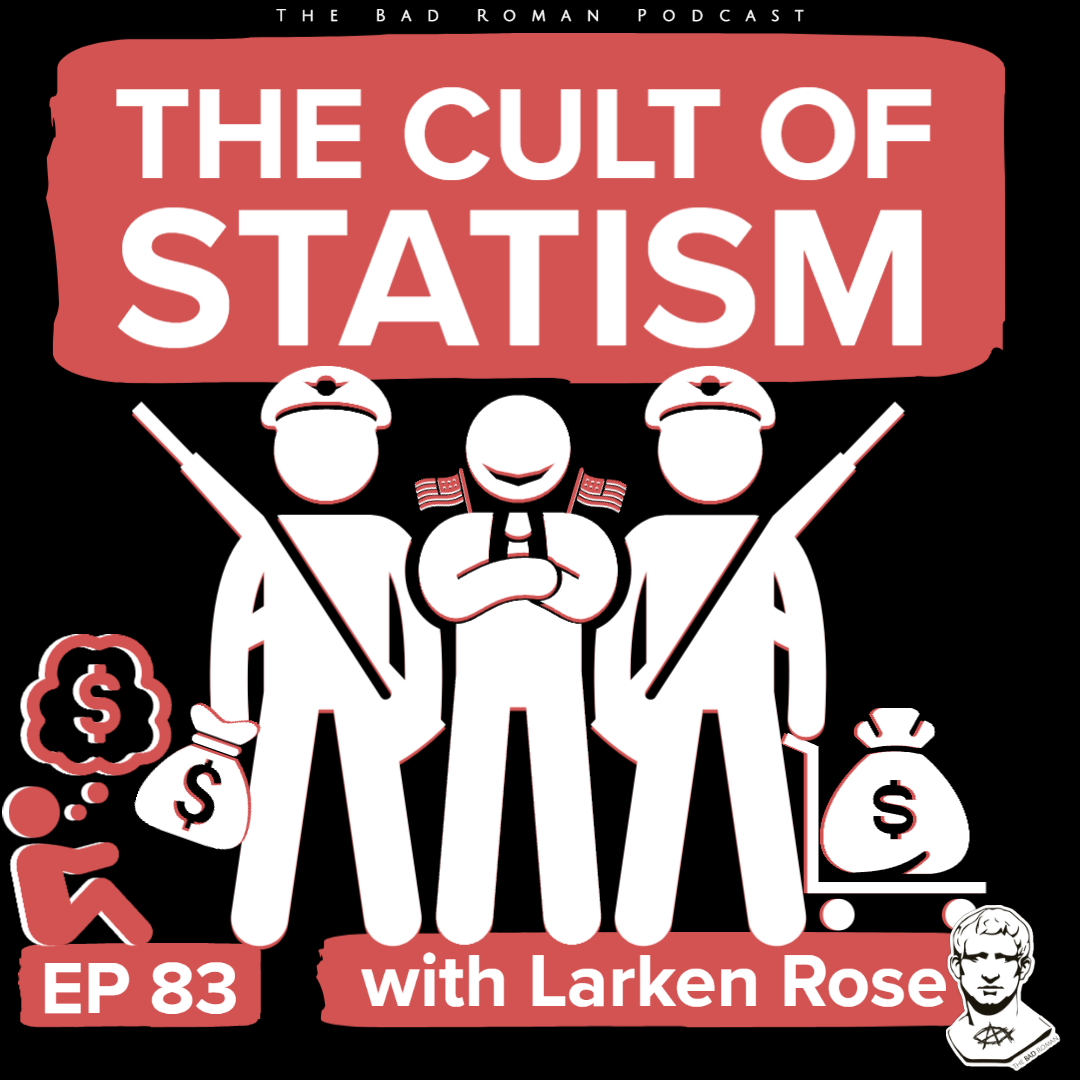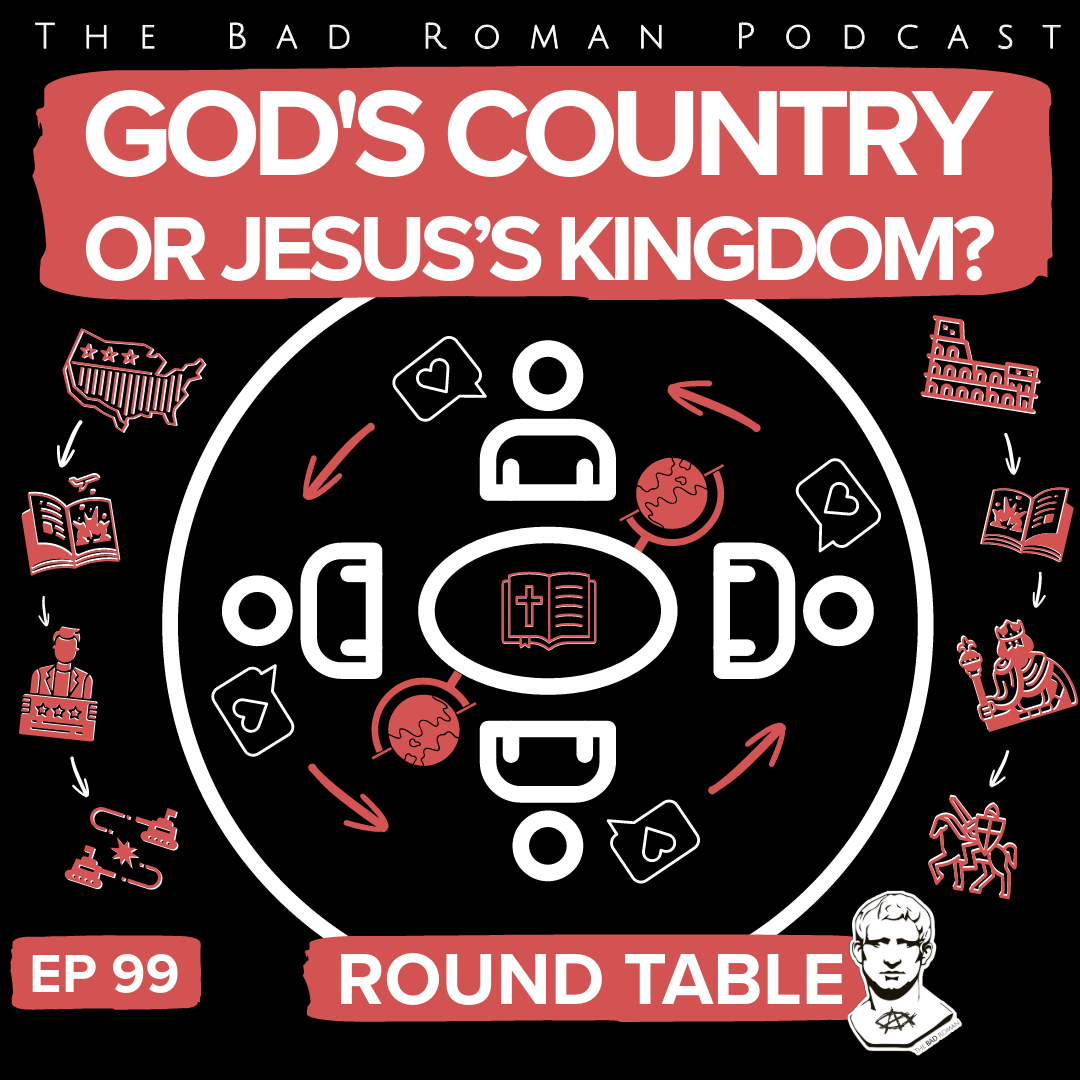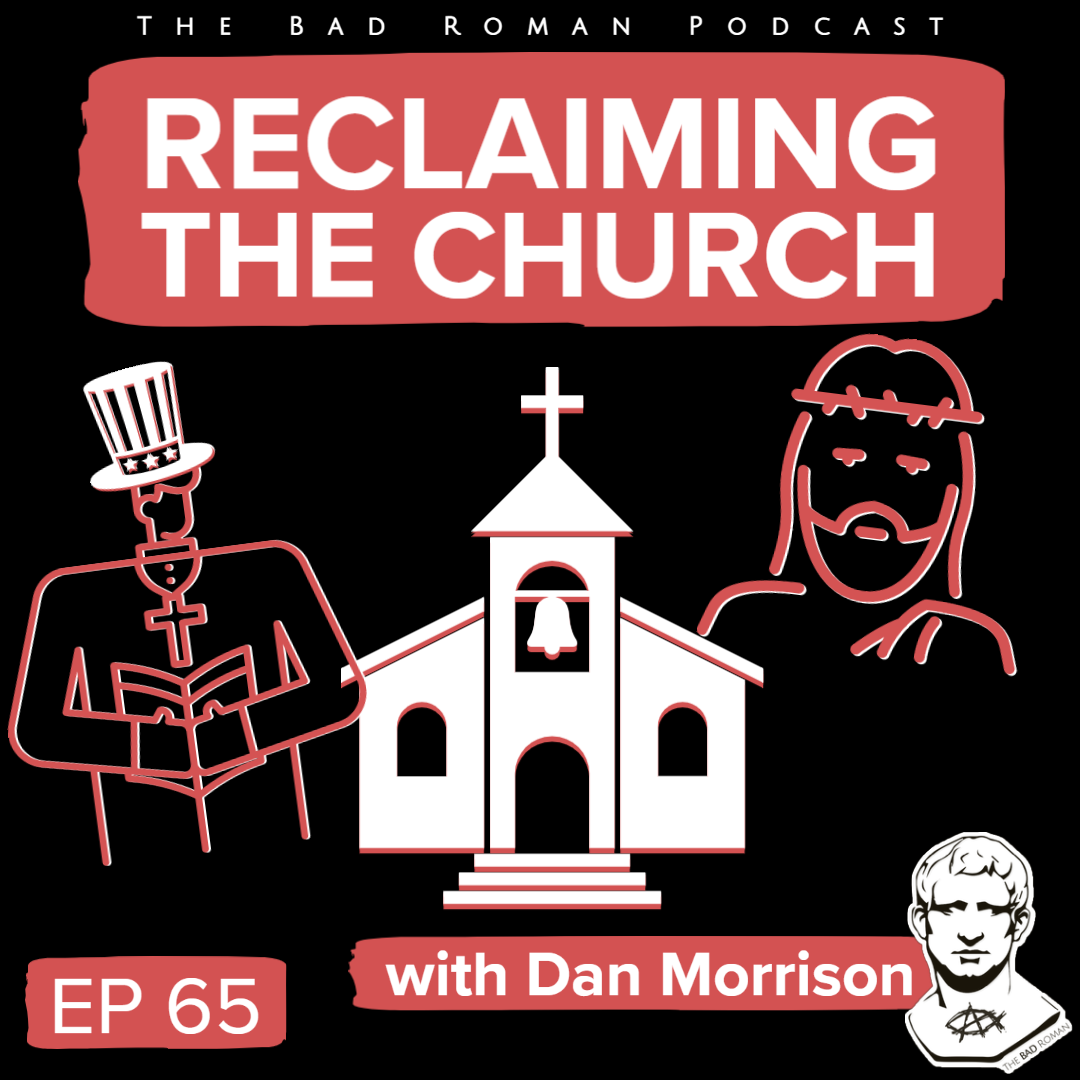About this Episode
Get ready, as we are joined by Jason Bassler founder of The Free Thought Project and Police the Police for a candid conversation about political corruption, digital activism, and the profound impacts and reach of war. Listen in as Jason shares his transition from libertarian to anarchist, spurred by his experiences during the Occupy Wall Street which also helps catalyze his subsequent dedication to police accountability. He offers an intriguing behind-the-scenes look at the Free Thought Project, its evolution, its unexpected shutdown on major social media platforms in 2012 and its uphill rebuild.
We don't shy away from the hard truths in this episode. We scrutinize the alarming effects of war, corruption, and propaganda on our society. This includes a frank discussion on the startling death toll from the post-9/11 war on terror and the profits made by US contractors. We take a deep look at the Ukrainian War as a potential proxy war, the implications of the military-industrial complex, and the ripple effects of these conflicts across different generations. The power of the internet in how different generations are countering these narratives is a key focus.
Lastly, we expose the uncomfortable realities about the US' militarism, its lack of accountability for war crimes, and the fleeting anti-war stance when candidates ascend to power (and their subsequent escalation of conflicts once they have that power). From Lockheed Martin's sponsorship of a pride parade to the $2300 expat exit fee from a free country, we lay bare the government’s blatant hypocrisy. Jason's reflections on the strength of the internet and the value of criticism as a sign of tough love conclude our conversation on a hopeful note. This episode promises to be a thought-provoking, no-holds-barred exploration into our political landscape and the power of digital activism. Don't miss it!
Jason Bassler:
Episode Timestamps:
2:04 Who is Jason Bassler?
10 years as anarchist
Apolitical growing up
Notion of “Republicans bad” in Bay Area
Police the Police in 2012
2013 Business Partner Matt
Deplatforming by Facebook and Twitter
11:00 Power of a Platform
Contrarian thinking and advertisements
Chasing a dollar
Authenticity, consistency, and persistence
Longevity of building your own platform
Bending a knee for a dollar
Authenticity repeated
20:30 Would society fall into chaos without the police?
Police The Police (Facebook)
George Floy, Covid Restriction Enforcements
Monopoly on legal violence
Security force in a voluntary society
Dale Brown – Threat Management Center
Privatized security in Detroit
St. Louis Police Office on Bad Roman
Sheriff from AZ on Bad Roman
26:29 War as an Export
Bret Wilkins Common Dreams Article
Military Spending v.s Money Laundering
Proxy War in Ukraine
How much money has been sent to Ukraine?
White House official admits no way to track spending in Ukraine
34:37 Exhaustion of Perpetual Wars on the Public Psyche
People born post-9/11 have not been in a war
Has war become normalized?
Are younger generations rejecting war?
Indoctrination of government propaganda from a young age
Are boomers the most propagandized generation?
Has the internet taken the potency out of government propaganda?
41:36 Realities of War and Its Perpetrators
Modern Genocide: America’s Post-911 War on Terror Killed over 4.5 Million People
Brown University Original Study
“Cross-fire between two warring gangs”
Every country is a gang with a flag…where is there to go?
Weaponized uranium and adverse health outcomes in Iraq: a systematic review
Yemen vs. Ukraine in public discourse
Obama’s War Crimes - “Drone King”
United States Government acts as a terrorist organization across the globe
Axios Article: Defense Contractors Generatre 7.5 Trillion
1:01:00 Connect with Jason
Instagram @Jason.e.Bassler
X (Twitter) @JasonBassler1






















































